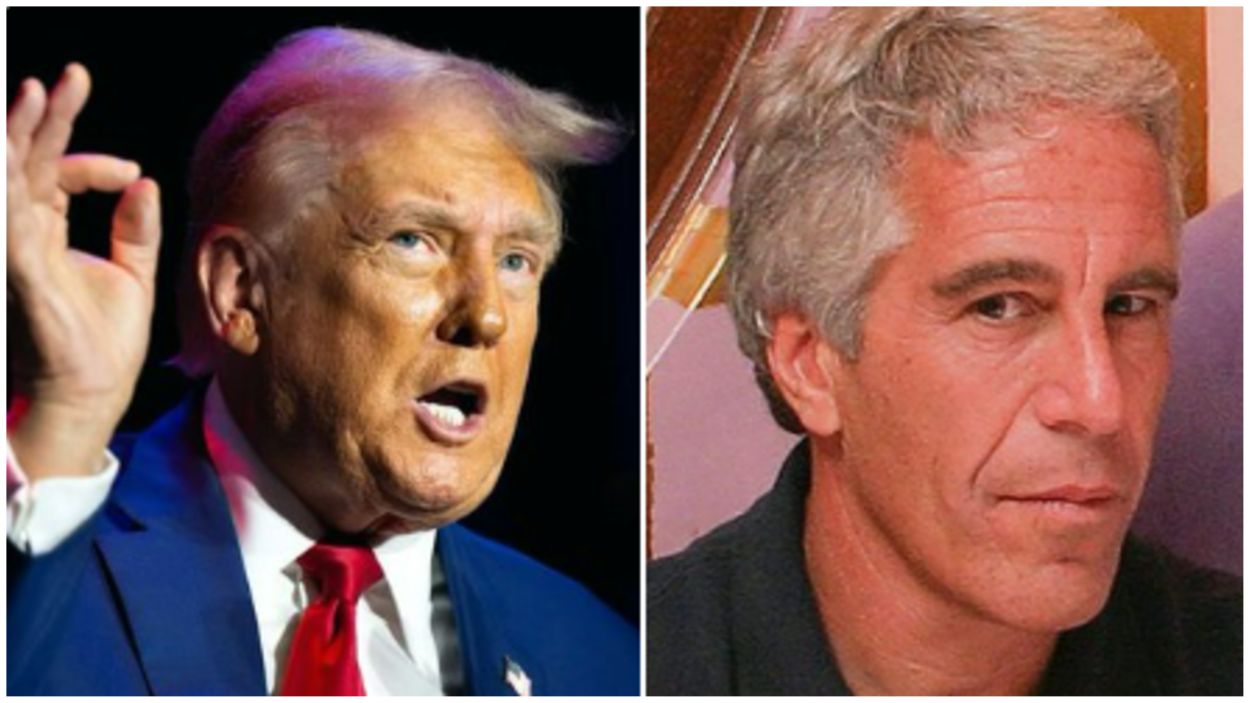The FBI’s Freedom of Information Act (FOIA) team redacted former President Donald Trump’s name and those of other high-profile figures from Jeffrey Epstein’s investigative files, as reported by Bloomberg on August 1, 2025. Tasked with reviewing over 100,000 documents, the team applied redactions before the Department of Justice (DOJ) and FBI concluded last month that further disclosure was “not appropriate or warranted” due to court-ordered sealing and privacy concerns.
The FBI justified redactions using FOIA Exemptions 6 and 7(C), which protect personal privacy and law enforcement records, respectively. Trump, a private citizen during the Epstein investigation starting in 2006, was entitled to these protections, despite his public status.
The exemptions aim to prevent unwarranted invasion of privacy and stigmatisation from being named in law enforcement files. Established legal precedent, including a 1991 DC Circuit Court ruling, supports withholding names unless they reveal government misconduct, which the FBI found inapplicable here.
The FBI redacted President Donald Trump’s name, as well as the names of other prominent public figures, from the Epstein files under privacy exemptions. https://t.co/zdyFBV3ckN
— Bloomberg (@business) August 1, 2025Context of Epstein’s Case
Epstein, who died by suicide in 2019 while awaiting trial on federal sex trafficking charges, has been a focal point of conspiracy theories. Trump promised transparency on Epstein’s files during his 2024 campaign, but a February 27, 2025, release of 200 pages, including Epstein’s “black book” naming Trump and family members, disappointed supporters as it contained previously released material. Attorney General Pam Bondi’s event, attended by far-right influencers, was criticised as a publicity stunt. Social media, including posts from Joe Rogan, accused the administration of a cover-up, prompting Trump to dismiss the scandal as “fake” on Truth Social.
Read: Trump Alleges Conspiracy: Name Planted in Epstein Files by Political Enemies
The redactions highlight tensions between public interest and privacy rights. FBI Director Kash Patel faced internal pushback, with section chief Michael Seidel retiring after disputes over the files. The decision underscores the challenges of balancing transparency with legal protections. Trump could waive his privacy rights, but without compelling evidence of FBI misconduct, his name is likely to remain redacted.






